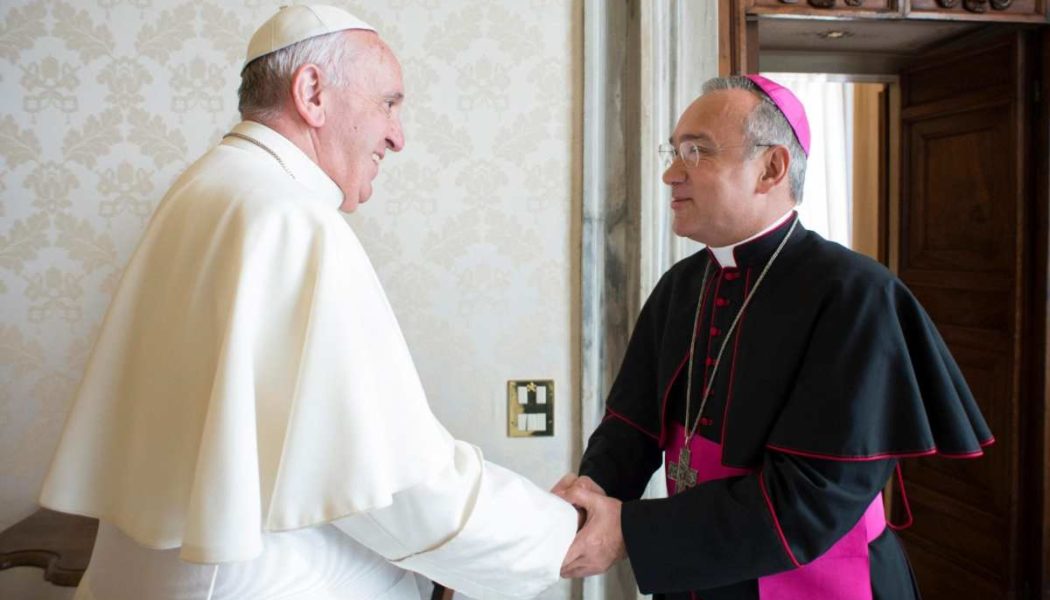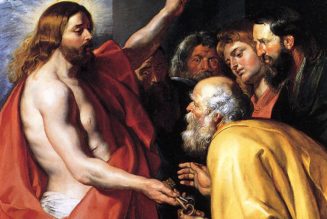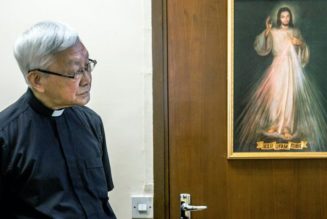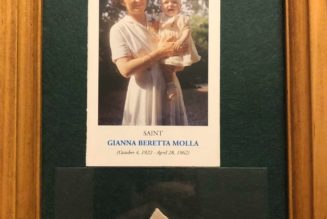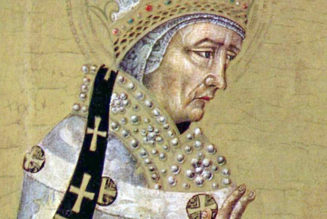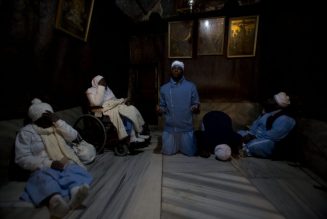
ROME – As I’ve said before, the Vatican’s “Trial of the Century,” which pivots on charges of fraud, misappropriation, and graft against ten individuals – including a cardinal – after a London real estate deal went horribly wrong, boils down to a Tale of Two Narratives.
The first narrative is a story of criminality, featuring shady Italian businessmen and corrupt clerics who illegally conspired to bilk the Vatican of millions, and who are now getting their comeuppance. Making it worse, the stolen money came from Peter’s Pence, representing the hard-earned contributions of ordinary Catholics around the world to support the works of the pope.
The second is a tale of terrible money management, which ended up costing the Vatican north of $200 million, combined with the age-old tendency of hierarchs to seek scapegoats for their own failures. Making it worse, the squandered money came from Peter’s Pence, representing the hard-earned contributions of ordinary Catholics around the world to support the works of the pope.
As you can see, the two narratives overlap on some points. The main difference is whether anything criminal happened – unless one subscribes to the Hunter S. Thompson dictum that in a world of thieves, the only real crime is stupidity, in which case there’s some sort of crime here no matter how you slice it.
The trial held another hearing this past Tuesday, and, in the main, the testimony appeared to buttress narrative two, meaning mismanagement rather than criminality. One Italian newspaper headlined its coverage this way: “The accusatory castle of Vatican prosecutors is crumbling piece by piece.”
The main witness was René Brülhart, former head of the Vatican’s Financial Information Authority (AIF), created under Pope Benedict XVI in late 2010 to bring the Vatican into compliance with international best practices regarding anti-money laundering and financing of terrorism efforts.
Brülhart was regarded as an impressive choice, having served as Luxembourg’s financial intelligence czar, transforming its reputation as a fiscal pariah. He’d also been vice-chair of the Egmont Group, an international consortium of financial intelligence units. Officially, he stepped down in 2019, though the reality is that he was forced out weeks after his office had been raided as part of the investigation of the London scandal.
In his testimony on Tuesday, Brülhart said that his office had launched its own probe into the London transaction when he learned about it in March 2019, but, in the end, had no power to stop it because AIF never had any authority over the Secretariat of State, the department that brokered the deal.
(One of the many ironies of the current trial is that Brülhart has been accused of negligent supervision for failing to veto a deal which, by statute, was never his business to begin with. Had he tried to stop it, he could have been charged with exceeding his authority.)
To take a step back, the London deal unfolded in two basic stages. In 2014, the Secretariat of State bought a 45 percent stake in a London property, a former Harrod’s warehouse slated for conversion into luxury apartments, through an investment fund operated by Italian businessman Raffaele Mincione. The sostituto, or “substitute,” in the Secretariat of State at the time was then-Archbishop, now Cardinal Angelo Becciu, who’s among the defendants in the Vatican trial.
In 2018, the Secretariat of State soured on its relationship with Mincione and tried to buy its way out of the deal by paying an additional $40 million to acquire full control of the property through the services of another Italian businessman, Gianluigi Torzi. Later the Vatican also soured on Torzi and tried, again, to buy its way out of the contracts it had signed with him.
In total, the Vatican spent about $200 million on the London deal and took out a $150 million mortgage. It’s reported to have lost more than $200 million when the dust finally settled.
Brülhart’s ancillary involvement came only in the second stage. He testified that by April 2019, it was abundantly clear that the Secretariat of State under the new substitute, Venezuelan Archbishop Edgar Peña Parra, had decided to pay off Torzi rather than to sue him. Among other things, Brülhart said, Peña Parra was worried about making the Vatican look bad if the extent of its losses were to become public.
Other witnesses have testified that Pope Francis himself tracked the evolution of the London deal closely, and he was so pleased with the payments made to Torzi – the same payments that are now the subject of the Vatican’s criminal prosecution – that he actually hosted a dinner in May 2019 to celebrate the deal.
In other words, the picture painted by Brülhart and others is not that the Vatican was fleeced, but rather that it negotiated a series of stunningly inept business deals, eyes wide open, which were fully endorsed and even applauded by the most senior figures in the system. The obvious conclusion is that the current trial is, at bottom, an exercise in trying to shift responsibility for those deals to somebody else.
It remains to be seen which of the two narratives will prevail when verdicts in the trial finally come in. For now, however, it seems fair to say that the case for criminality has taken some hits.
Follow John Allen on Twitter: @JohnLAllenJr
Join Our Telegram Group : Salvation & Prosperity
